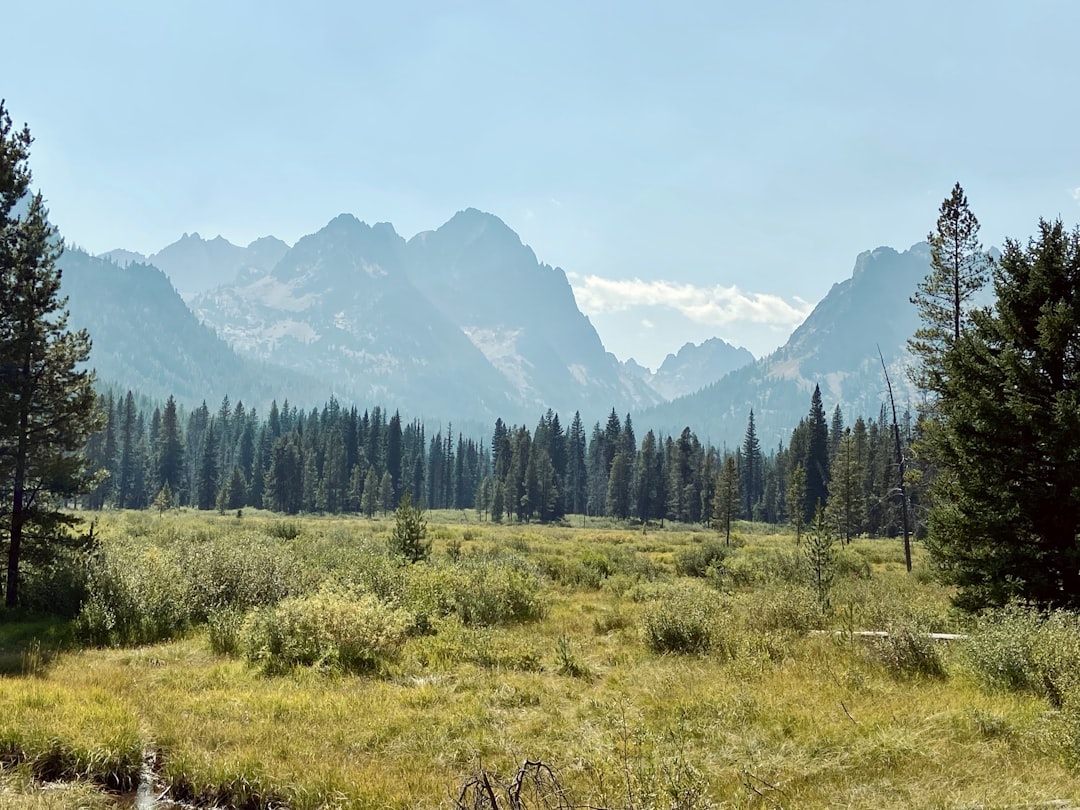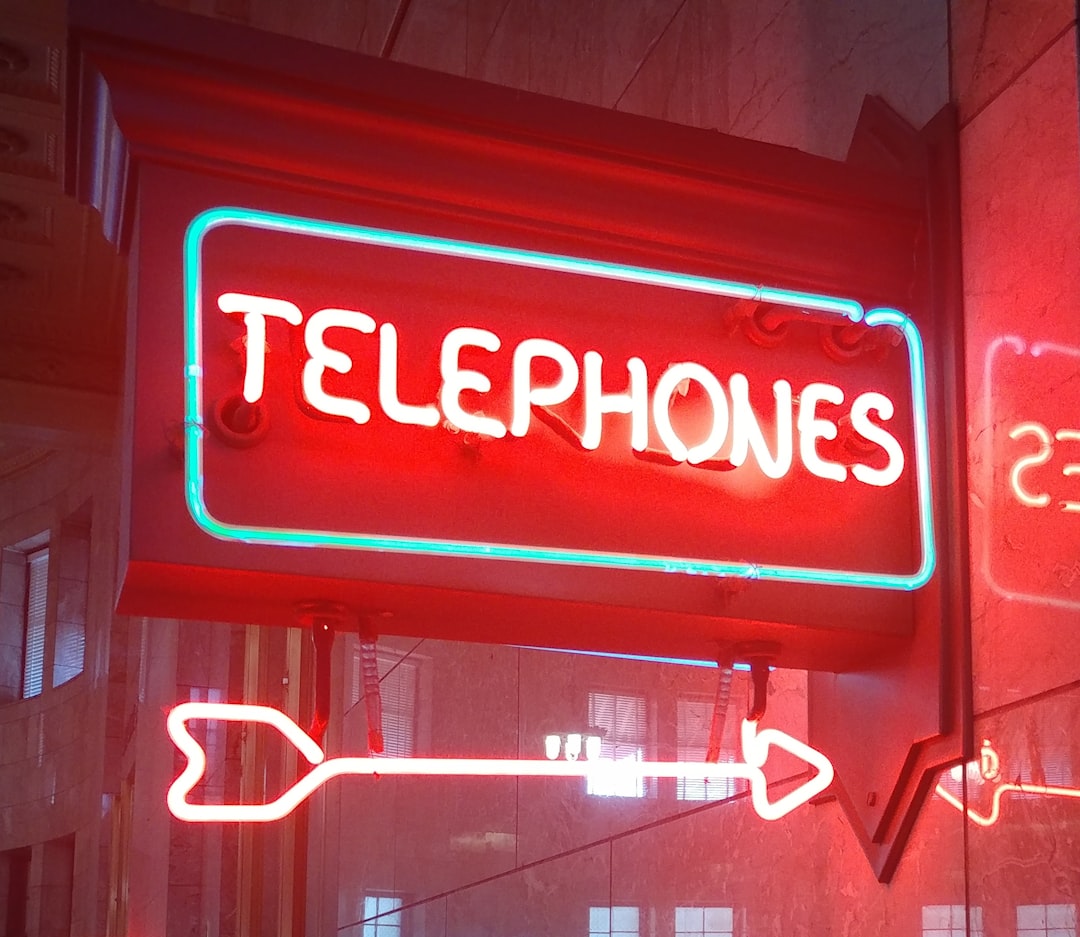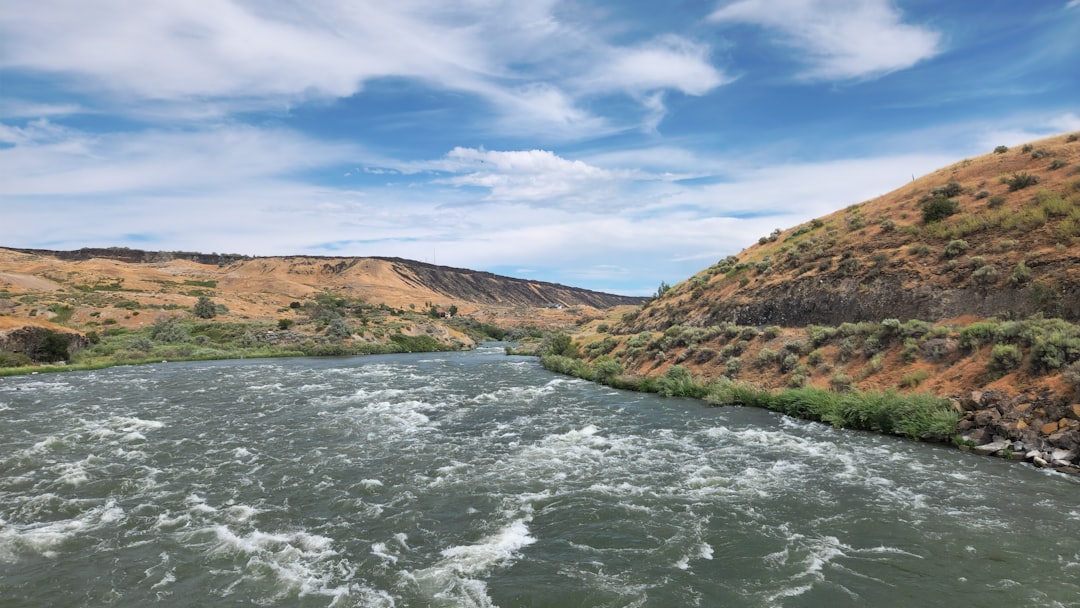Idaho's No Call Laws protect residents from unwanted telemarketing calls by allowing them to opt-out and making it illegal for telemarketers to call without prior consent. These laws apply to both survey calls and direct sales pitches, with businesses needing to ensure their scripts are informational and non-pressuring to stay within legal boundaries. Lewiston's local government also regulates these practices, and compliance is crucial for businesses to avoid penalties and maintain a positive reputation.
In Idaho, “No Call” laws protect residents from unwanted telemarketing calls. However, the rules aren’t clear-cut when it comes to survey calls. This article delves into the legal gray area surrounding survey calls in Lewiston, Idaho, examining both state and local regulations. We explore consumer rights, business practices, and how organizations can navigate these complex laws while ensuring compliance. Understanding Idaho’s No Call Laws is crucial for businesses aiming to respect residents’ privacy without infringing on their right to participate in market research.
Understanding Idaho's No Call Laws
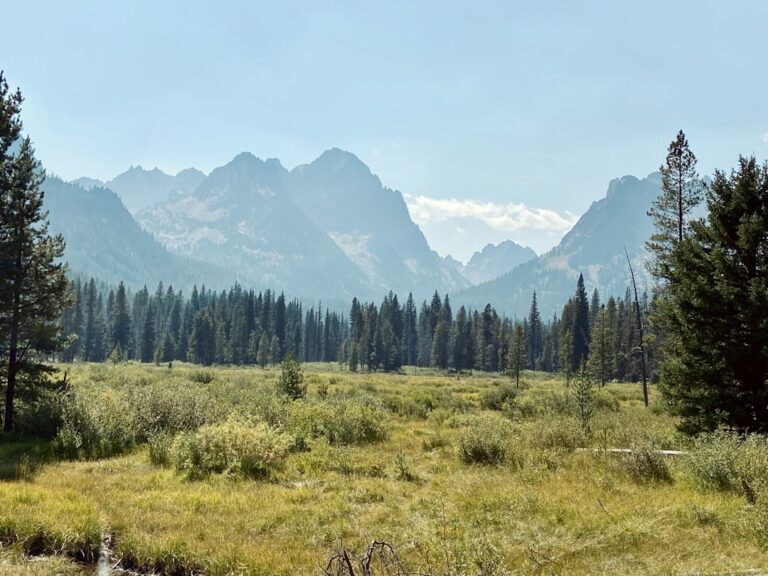
Idaho’s No Call Laws are designed to protect residents from unsolicited phone marketing calls, also known as robocalls or telemarketing calls. These laws give individuals control over the number of promotional calls they receive and aim to reduce the nuisance and frustration caused by excessive marketing efforts. Under these regulations, businesses and organizations must adhere to strict guidelines when contacting Idaho residents.
The state’s No Call Laws restrict phone marketing activities, prohibiting calls to numbers on the “Do Not Call” list. Residents can register their telephone number with the Idaho Attorney General’s Office to opt-out of such calls. Once a number is registered, it becomes illegal for telemarketers to call that specific line unless prior consent has been given. This mechanism empowers individuals to manage their privacy and minimize unwanted marketing interruptions.
Survey Calls: A Legal Gray Area
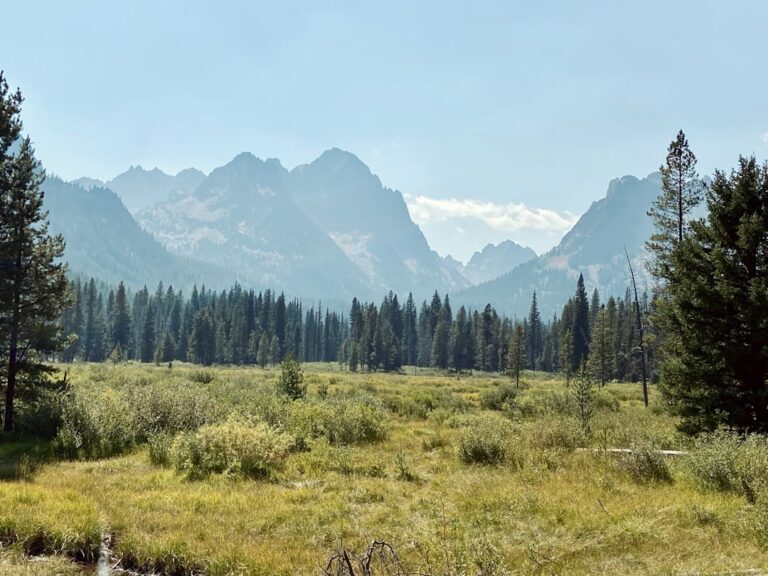
Survey calls, often used by businesses for market research and data collection, find themselves in a legal gray area, especially under Idaho’s No Call Laws. While these laws primarily focus on restricting telemarketing and sales calls, they also offer some protection from unwanted contact. The key lies in interpretation—what constitutes a survey call versus a direct sales pitch?
Idaho’s no-call list prohibits commercial solicitations, but survey calls are generally exempt. However, the line can blur when scripts involve persuasive language or subtle attempts to influence purchases. To stay on the right side of the law, companies conducting survey calls should ensure their scripts are strictly informational, avoid pressuring listeners into providing answers, and never use techniques that could be misconstrued as sales tactics.
Lewiston's Local Regulations Examined
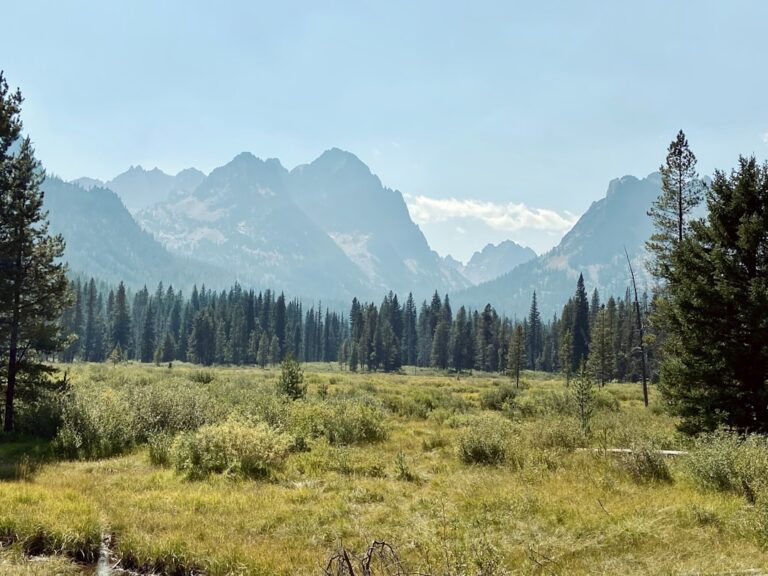
Lewiston, located in Idaho, operates under a local government that has the autonomy to create regulations within certain boundaries set by state laws, including those outlined in Idaho’s No Call Laws. While these state laws provide a framework for limiting unwanted phone calls, Lewiston may have specific rules regarding survey calls, ensuring residents’ privacy and peace of mind.
The city’s local ordinances should be examined to understand if there are any restrictions on survey calls specifically or cold calling in general. Often, these regulations target telemarketing practices to protect citizens from excessive or intrusive marketing efforts. As such, understanding Lewiston’s local codes is crucial for businesses conducting survey calls to ensure compliance and avoid potential penalties.
Consumer Rights and Business Practices

In Idaho, No Call Laws are in place to protect consumers from unsolicited telephone marketing calls. These laws give residents the right to avoid unwanted telemarketing and sales calls. Under the Idaho No Call Law, businesses are prohibited from making automated or prerecorded calls to households that have registered on the state’s Do Not Call list. This legislation ensures that residents can enjoy peace of mind without constant sales pitches.
For businesses operating in Lewiston or anywhere in Idaho, it’s crucial to understand these consumer rights and respect their privacy. Compliance with No Call Laws is essential for maintaining a positive reputation and avoiding legal repercussions. Businesses are encouraged to implement strategies that align with these regulations to foster trust with their customers and ensure fair business practices.
